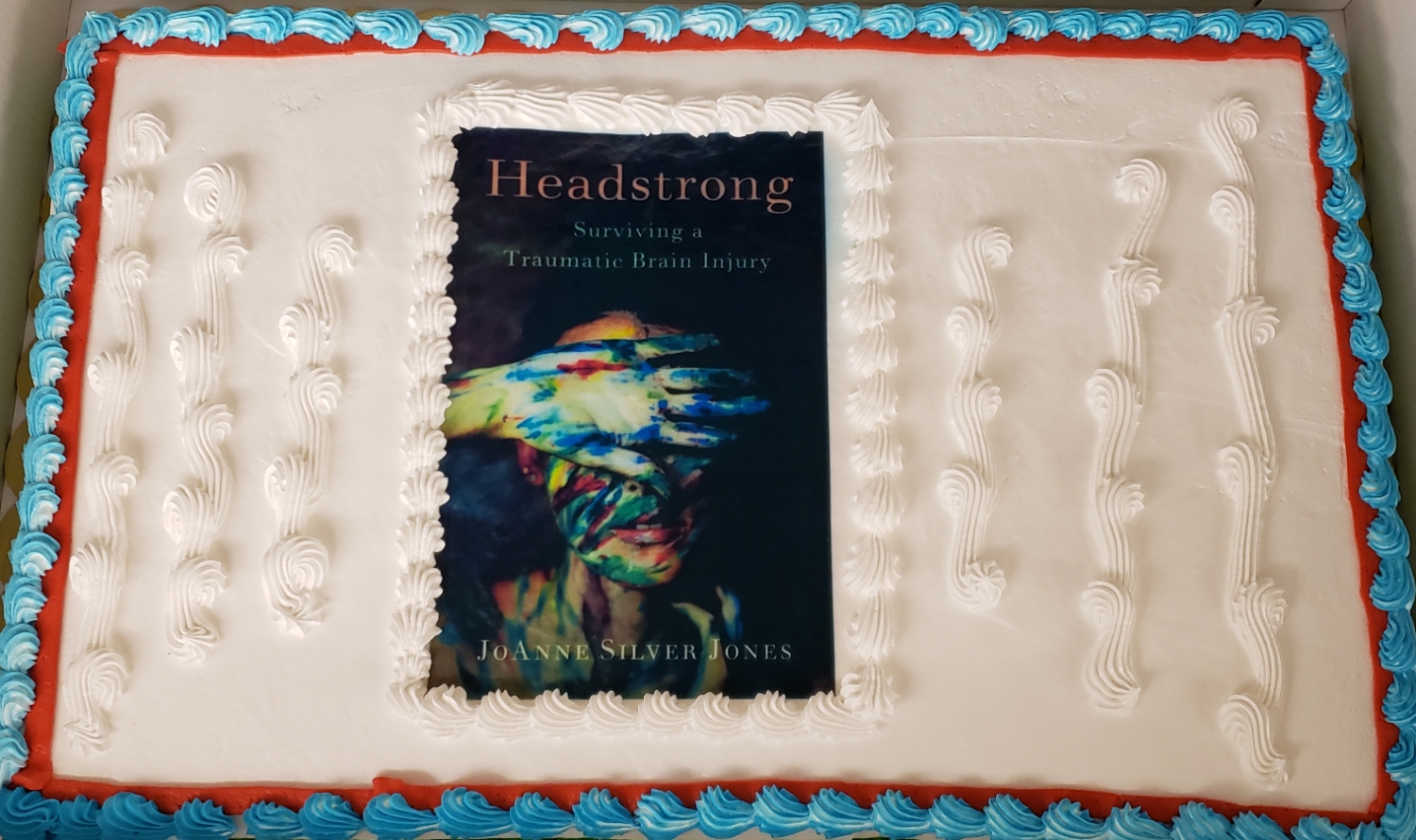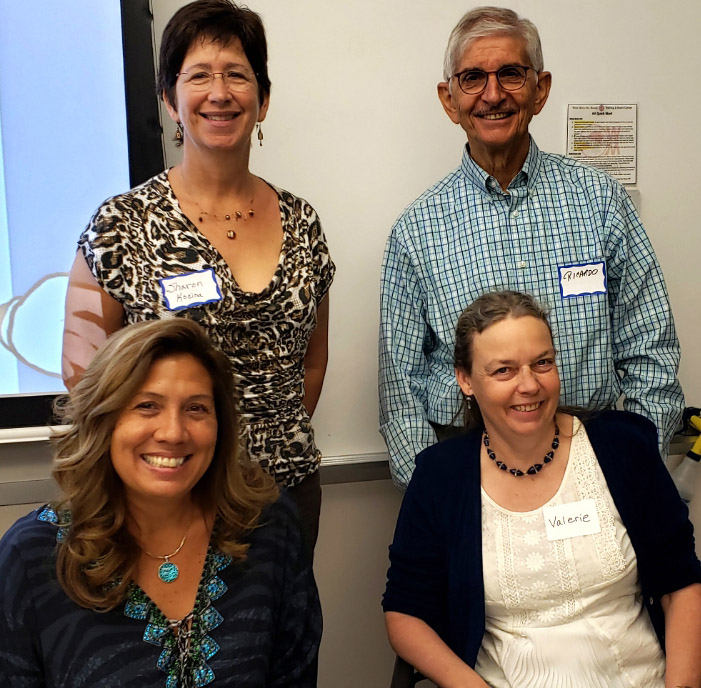Eat to Thrive after a Brain Injury
The Brain Injury Hope Foundation recommends that you please consult your physician for all medical advice. And please remember, the statements in this blog post are not intended to diagnose, treat, cure or prevent any disease. Brain Injury Hope Foundation, its representatives and officers have not verified and do not condone any opinions or recommendations contained herein […]

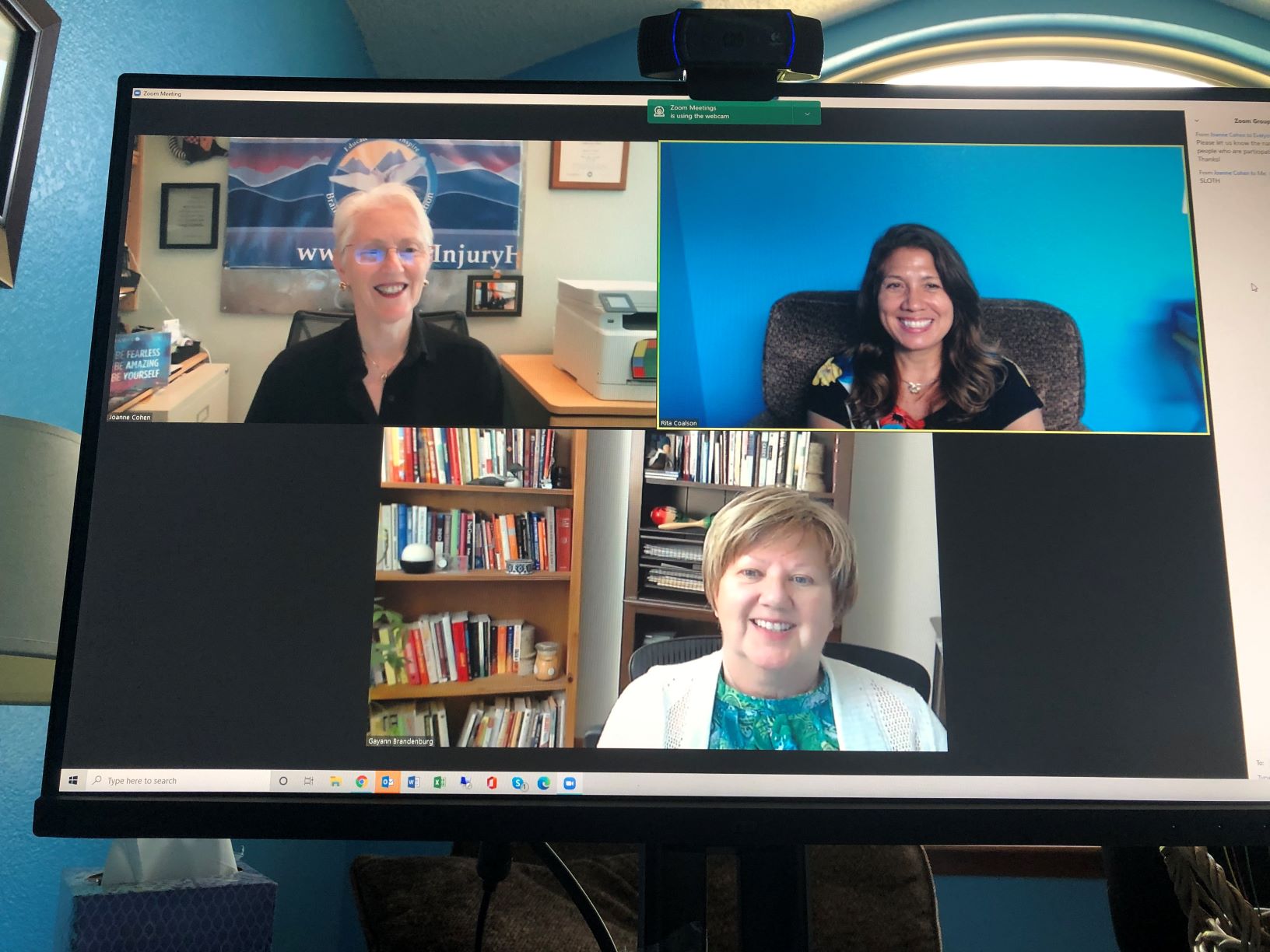
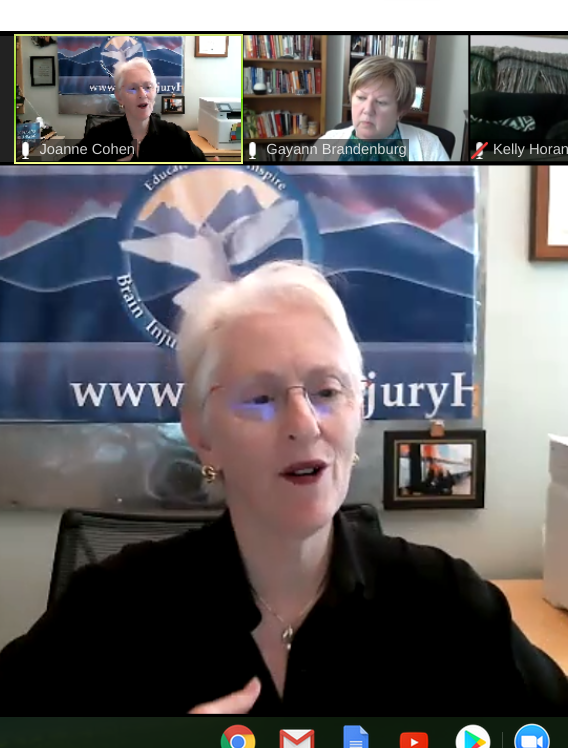
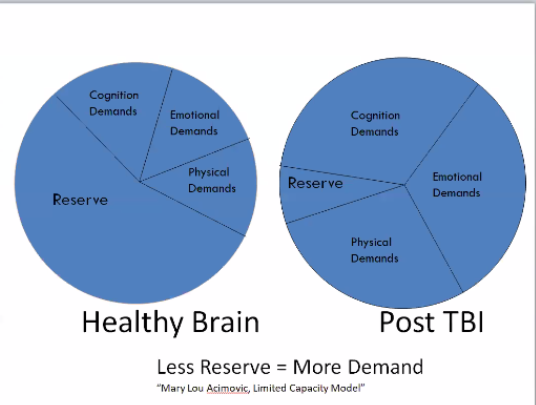
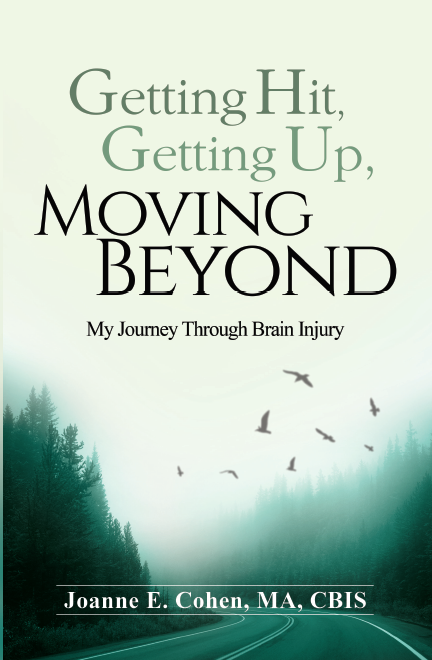

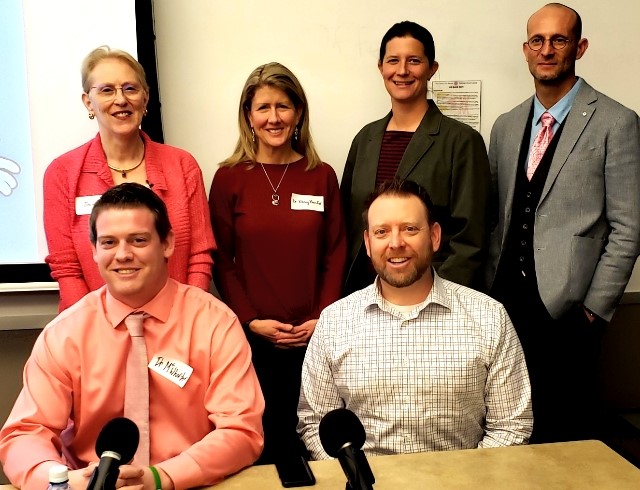
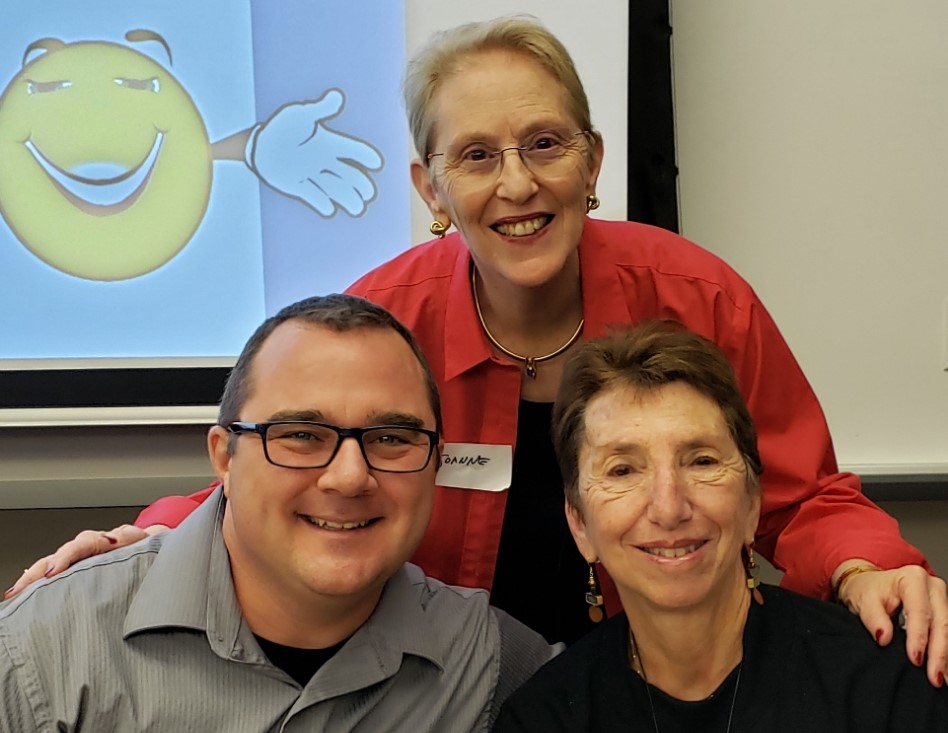 BIHF vice president Joanne Cohen, back, welcomes Jeffrey Therrian and Dr. JoAnne Silver Jones to the January 2020 Survivor Series Luncheon.
BIHF vice president Joanne Cohen, back, welcomes Jeffrey Therrian and Dr. JoAnne Silver Jones to the January 2020 Survivor Series Luncheon.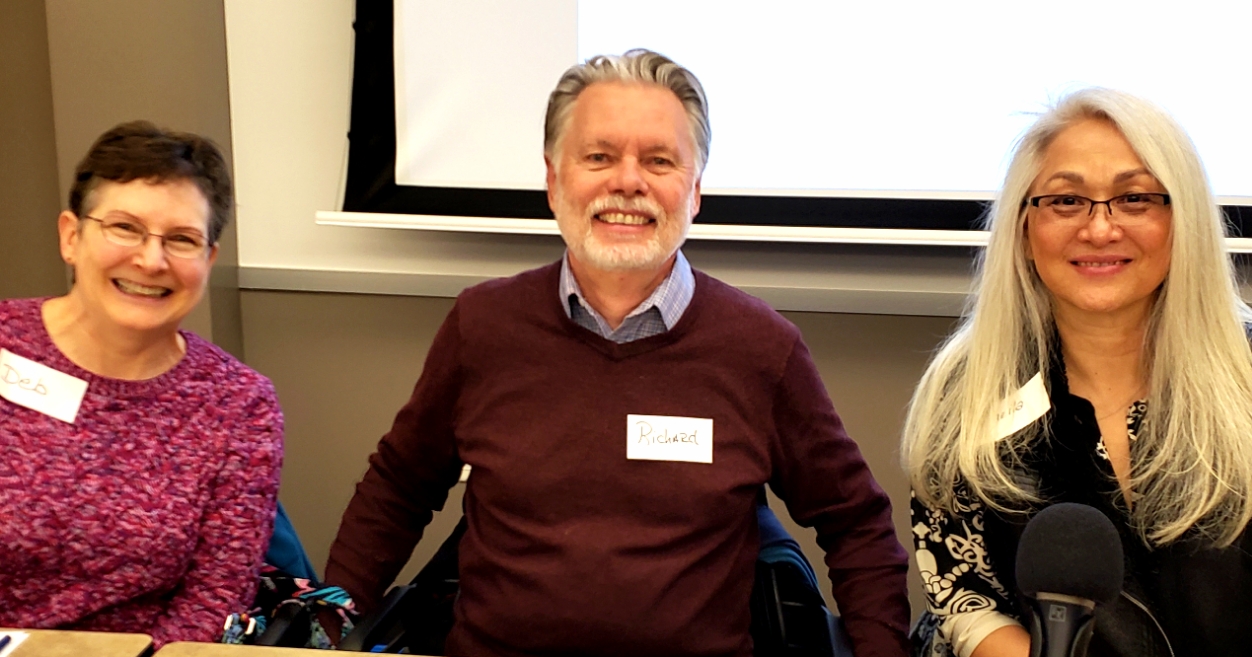 Deb Finegold, left, Richard Garde and Shelia Traister are more than happy to share their tips at the BIHF January 2020 Survivor Series Luncheon.
Deb Finegold, left, Richard Garde and Shelia Traister are more than happy to share their tips at the BIHF January 2020 Survivor Series Luncheon.